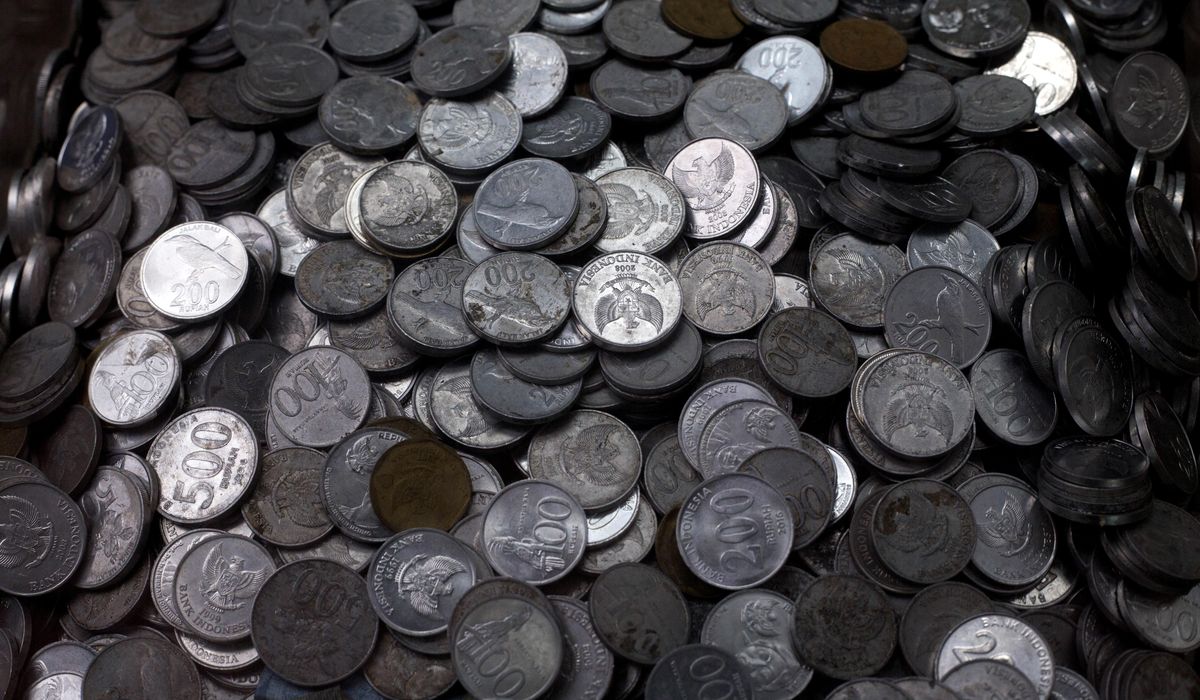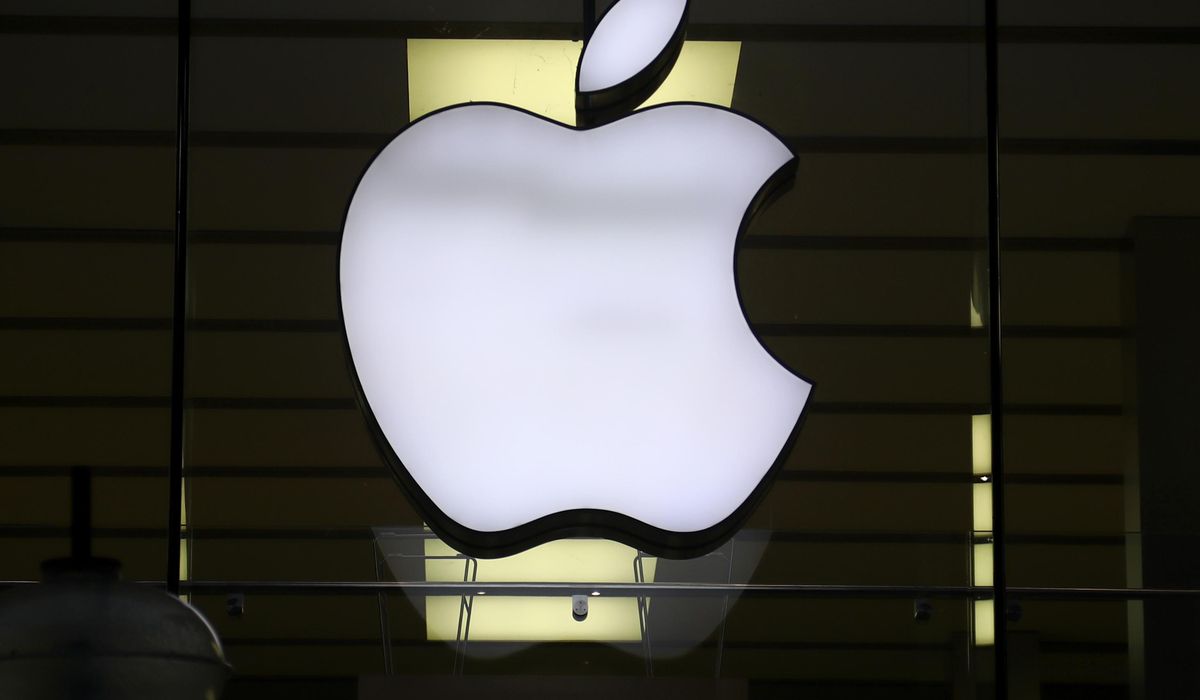
Coin flips, long thought to have exact 50/50 odds, are, in fact, weighted slightly toward one outcome, according to a new study by European researchers released this week.
The study released Tuesday found that the flip favors the side that started facing up 50.8% of the time.
Researchers took data from 48 people flipping coins from 46 different currencies and denominations, for a total of 350,757 flips measured.
Of the 350,757 flips in the new European study, 178,078 landed on the side that faced up at the start, for 50.8% of the flips, proving that the coin flip is not exactly an even proposition.
A 2007 study by American researchers found that coins were slightly more likely, at 51% when rounded up, to land on the same side that had been facing up to start the flip, noting that launch angle and wobbling influenced the result.
“If this angle is less than 45 degrees, the coin never turns over. It wobbles around and always comes up the way it started. In all of these cases, there is precession. Magicians and gamblers can carry out such controlled flips, which appear visually indistinguishable from normal flips,” the American study said.
The European researchers aimed to test the counterintuitive results of the first study, which had a much smaller sample size.
The European study found variance between the 48 coin flippers, suggesting that different people cause a different degree of wobbliness for their coins.
When researchers in the new European study ignored the starting side factor, they found that a flipped coin landed on heads 50% of the time and on tails the other 50% of the time.
The European researchers concluded that their data provided strong evidence that “when some (but not all) people flip a fair coin, it tends to land on the same side it started,” vindicating the American study.
The study was led by Frantisek Bartos, a doctoral candidate in psychological methods at the University of Amsterdam.
He pointed out in a post on X that, while the 50.8% odds were not significant for small amounts of coin flipping, in a larger sample size, the odds would provide a bigger advantage than the house gets on some casino games.
“If you bet a dollar on the outcome of a coin toss 1000 times, knowing the starting position of the coin toss would earn you $19 on average. This is more than the casino advantage for [six deck] blackjack against an optimal player ($5) but less than that for single-zero roulette ($27),” Mr. Bartos wrote.
RELATED POSTS
View all


